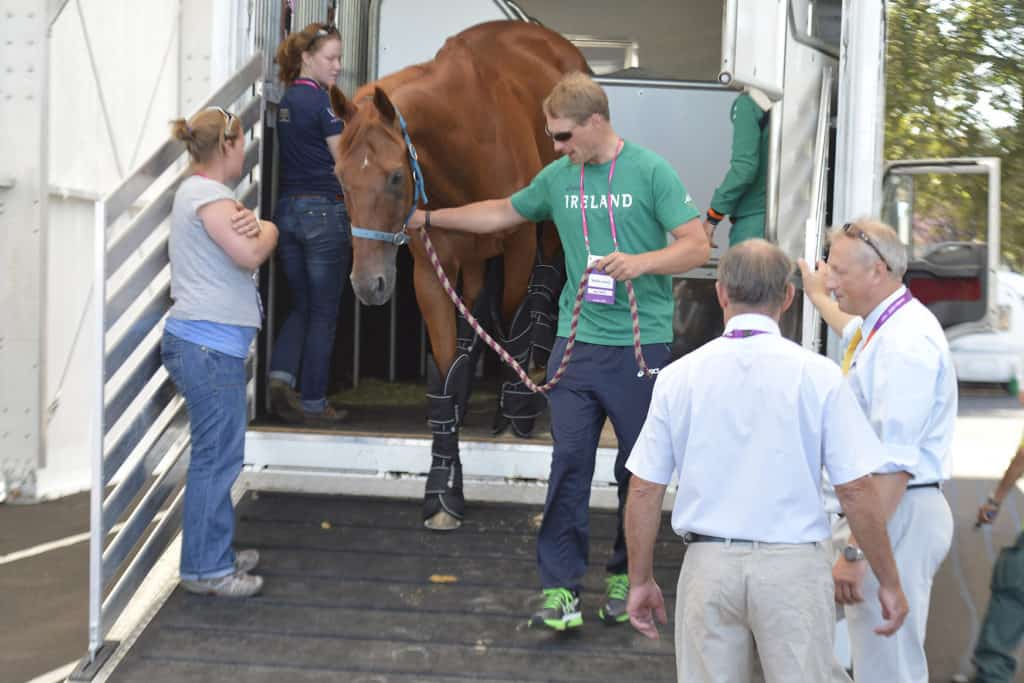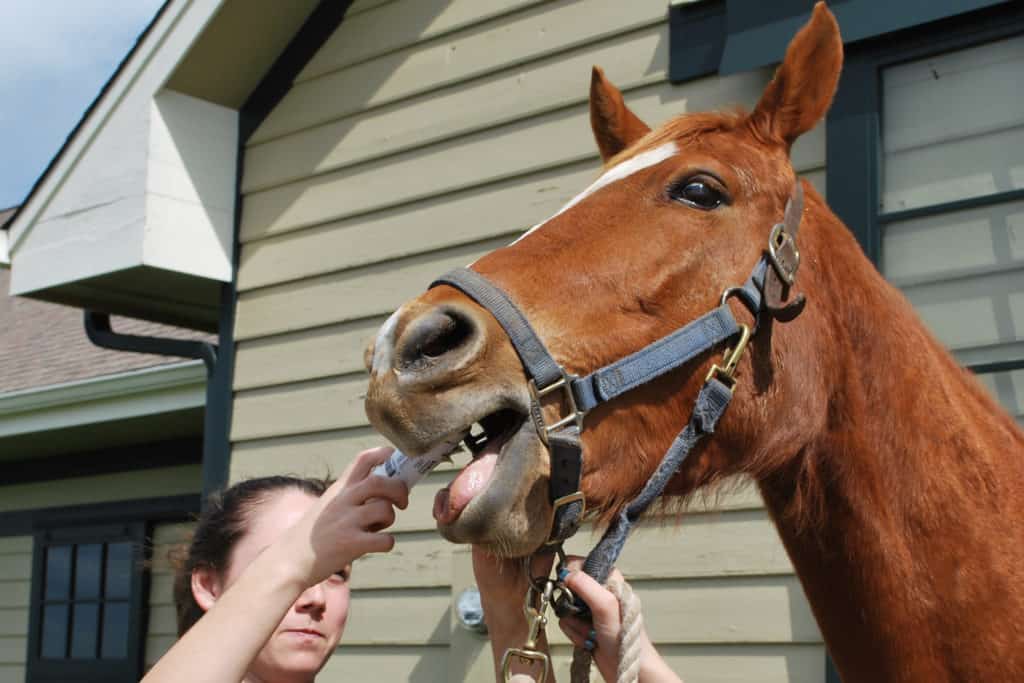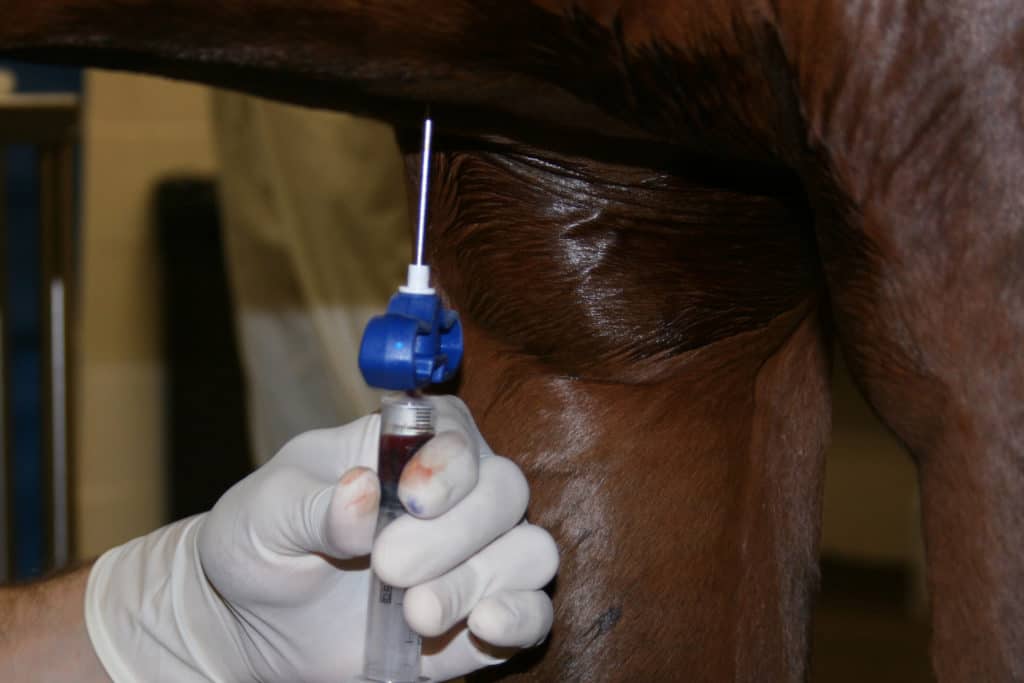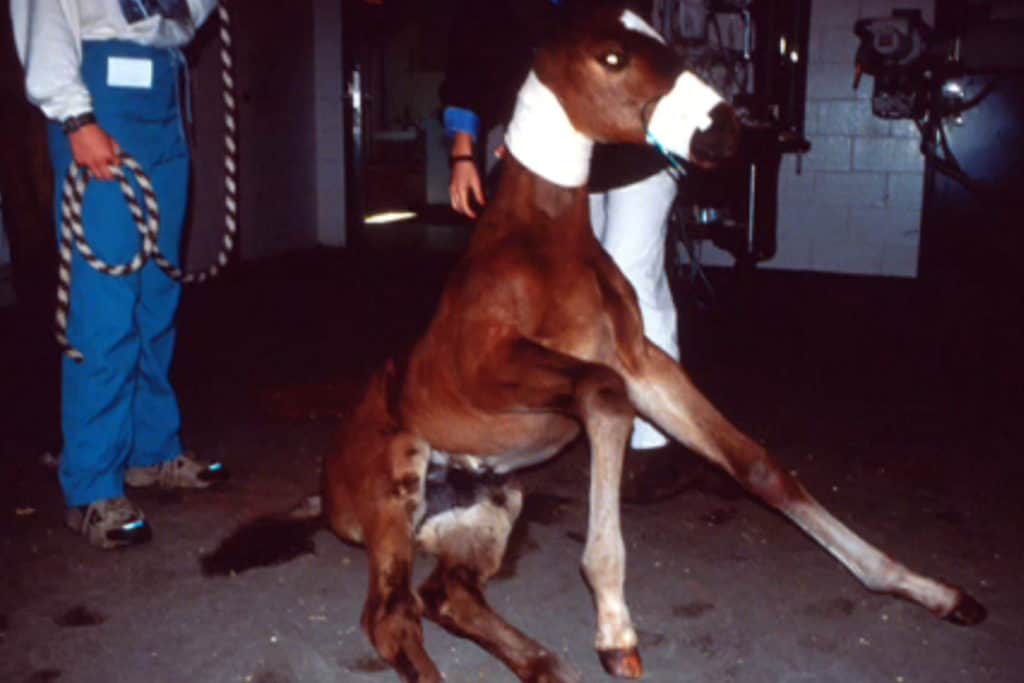
Managing Septic Orthopedic Disorders in Foals
Dr. Alan Ruggles of Rood & Riddle Equine Hospital discusses some of the advances in management of septic orthopedic disorders in foals.

Dr. Alan Ruggles of Rood & Riddle Equine Hospital discusses some of the advances in management of septic orthopedic disorders in foals.

The risk of global dissemination of equine diseases has increased with the growth in international trade and competition. Specific diseases have been introduced or re-introduced into countries through the importation of equids/semen. Such incursions can have a very significant economic impact on the industries involved.

This hour-long video presentation features advice on identifying and managing resistant parasites.

This hour-long video features the most up-to-date information on managing anthelmintic-resistant ascarids, how to recognize the problem, what to do if you have resistant ascarids on your farm, and how to avoid developing resistant parasites.

Wobbler syndrome takes its name from its primary sign–a wobbling or uncoordinated gait. In technical terms, the horse has a “proprioceptiveness deficit,” or a lack of physical awareness of his limbs and their placement.

This seminar covers trends and challenges in the racing, competitive non-racing, and recreational horse industries.

Equine Parasitology Symposium Video Series

Dr. David Frisbie’s current joint disease research is in two basic fields: 1) the evaluation of intra-articular therapeutics and their effects on joint disease; 2) new methods of cartilage repair.

An overview of recent research on the use of nutraceuticals for equine medicine and health.

A subject that is of vital interest to breeders, managers, sales agents, trainers, riders, farriers, and veterinarians–in short–everyone in the horse industry.

A problem in eastern Canada, the United States, and internationally, R. equi is a soil bacterium that causes severe pneumonia in foals.
Stay on top of the most recent Horse Health news with
"*" indicates required fields